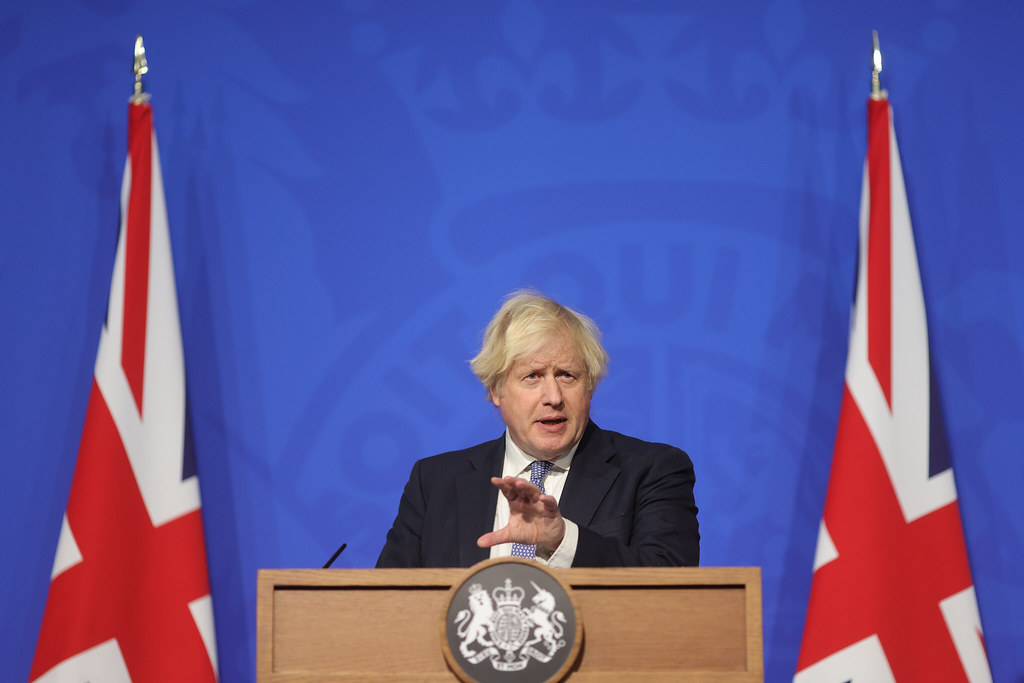London, (Parliaments Politics Magazines ) – As the huge sanctions on Russia have devastating impact on Russians who are slowly being cut off from the world with the value of the ruble plummeting. Sanctions will have a rippling effect on the global community which will be even more detrimental effect as we are still recovering from the effects of the global COVID19 pandemic which has already driven up the rate of inflation across the world.
Individuals with investments or assets in Russia will be directly affected but the effect of the sanctions on Russia will also affect many global industries including the global airline industry quite heavily. Not only National Russian carriers such as Aeroflot, but airline manufacturing, maintenance and insurance provides have been hit hard. Russian carriers also lease their passenger jets. Other airlines that are already feeling the effects of heavy inflation will now have to design new longer flight paths avoiding Russian airspace that has been closed which will cost more due to more oil being used that is already more expensive and increase the prices of airline tickets. It’s a heavy blow to the recovering international air travel industry.
With global western leaders meeting to propose on a ban on Russian oil it will drive up prices even more in the UK, EU, and the US.
Sanctions on Russia are likely to have a direct effect on the cost of living in the UK with the cost of living already increasing with people struggling.Following the invasion of the Ukraine the cost of gas has gone up by 25% and crude oil by $106 per barrel, and only 6% of oil in the UK comes from Russia. However, 40% of Europe relies on Russia for their gas. Any changes to the Russian supply will have a knock-on effect across the entire market and as there are no other sources higher prices will need to be paid.
More indirect impacts of sanctions will affect the price and availability of food through the increased prices of fertilisers. The production of fertiliser relies on Russian gas and if the price of Russian gas increased so will the price of fertiliser and thus the price of food. The price of nitrogen-based fertiliser even before the war on Ukraine started had already increased by 400% in the previous year. This could mean the price of everyday food such as a loaf of bread could become as high as £3.
There has been a rush to find an alternative to Russian gas with options like fracking in England being explored, but these have raised safety concerns. Another alternative is to buy gas from the US, but this may be a longer-term solution with no immediate effects. The real answer lies within the development of alternative renewable energy sources such as nuclear, solar or wind, but this will require massive investments to scale up to balance the volatile market.
For now, experts say there is no need to worry as a quick alternative to using Russian gas would be to source gas from the North Sea and Norway.


